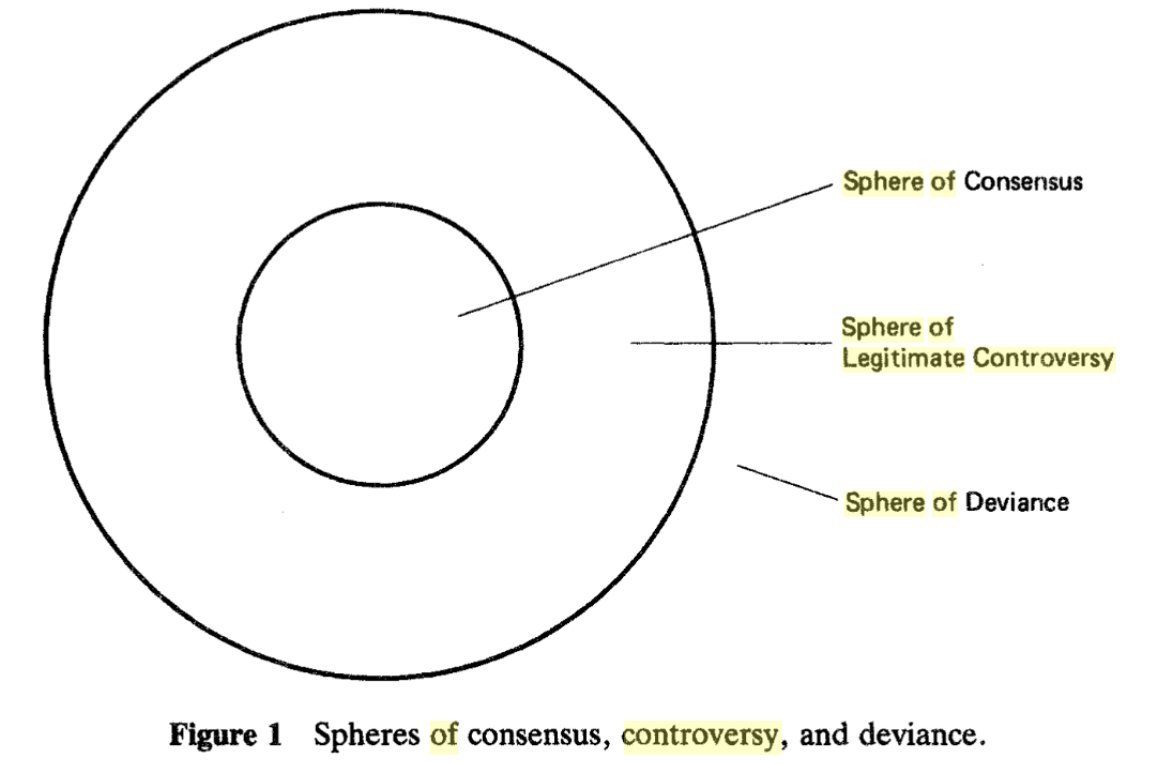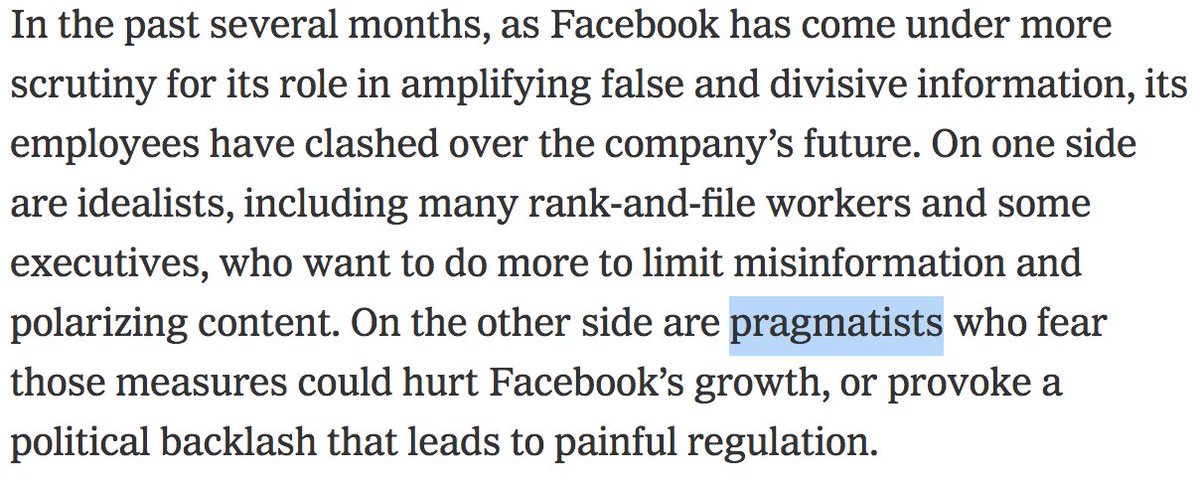
"An Anti-Racist Future." A VERY challenging open letter from public radio employees calling for reform. The tone: all patience is gone.
"We hope to tear down public radio in order to build it back up. We don’t critique our industry because we hate it, but because we love it..."
"We hope to tear down public radio in order to build it back up. We don’t critique our industry because we hate it, but because we love it..."
https://twitter.com/CelesteHeadlee/status/1351167460943286273
"White supremacist culture and anti-Blackness shape the policies, norms, and standards of public radio. They determine whose opinions are valued, whose voices are heard, whose stories are told and taken seriously, who is promoted, and whose resume never gets a second glance."
"It’s time for a new kind of journalism: anti-racist journalism." celesteheadlee.medium.com/an-anti-racist…
"Historically, Black on-air talent are told their dialect and speaking voices do not fit the public radio prototype. There is a strong bias against journalists who have a distinct ethnic or regional tone in their vocal delivery."
"Every person brings their own experience and perspective into the newsroom, which informs the work they do. The opinions of reporters, editors, and producers in the industry shape what stories are published, and how they sound... The pursuit of objectivity denies this reality."
"Where these forms of accountability don’t happen voluntarily, they can and will happen through community organizing, protest, sit-ins, walk-outs, encouraging donors to withhold funds, and other forms of confrontation and divestment." celesteheadlee.medium.com/an-anti-racist…
• • •
Missing some Tweet in this thread? You can try to
force a refresh




